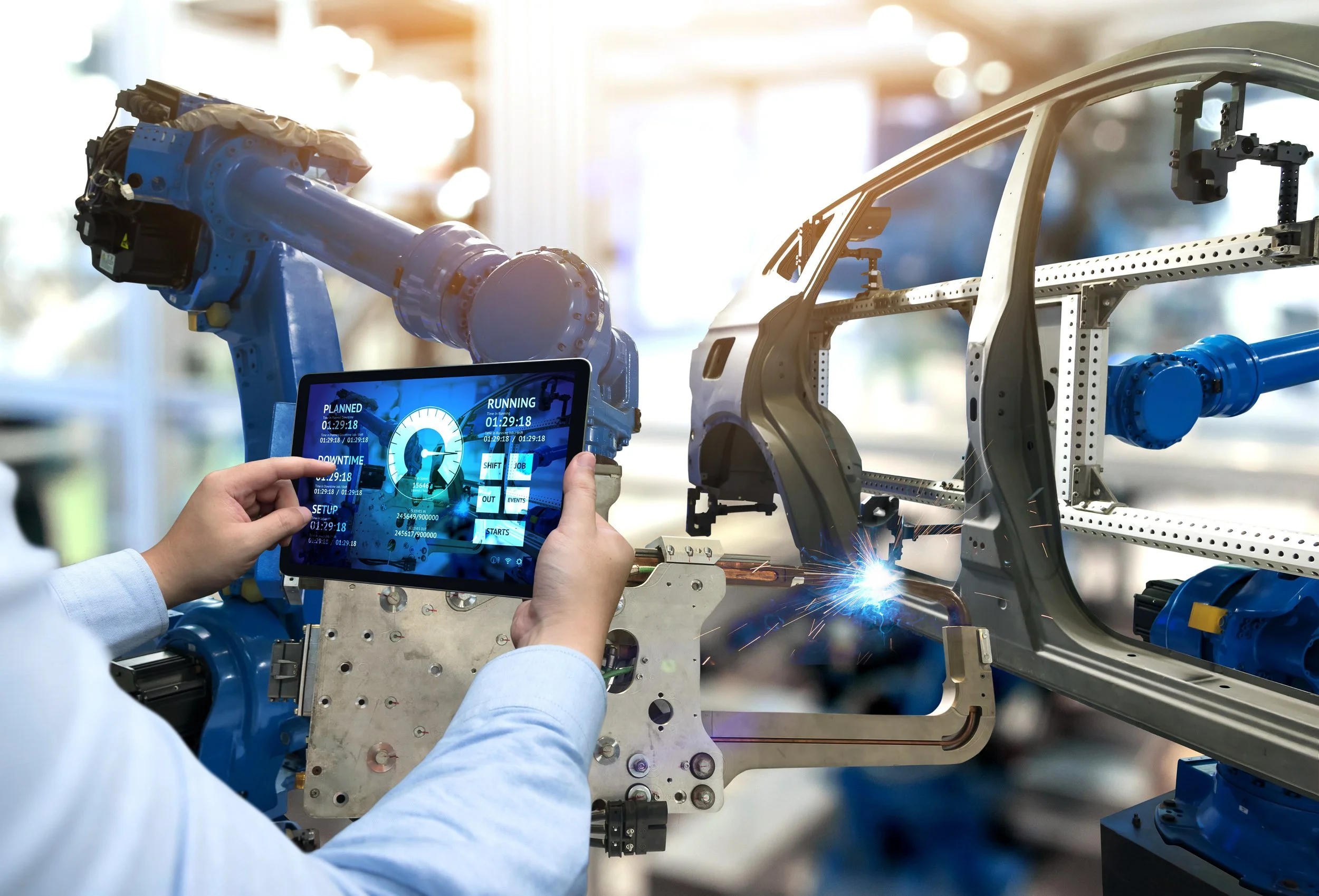DIGITIMES President Colley Hwang: Trends and Misperceptions Influencing IoT Growth
At the first Advantech IoT Co-Creation Summit held on November 2, 2018, in Suzhou, China, DIGITIMES President Colley Hwang pointed out that misconceptions of the Internet of Things (IoT) industry, including exaggerated benefits and underestimated difficulties, are restricting factors that impede growth. He believes that an honest appraisal of the development of the IoT industry is necessary to ensure healthy growth.
Honest Appraisal of the IoT Industry
Widespread interconnectivity has become a recent trend, with diverse stakeholders actively promoting the acceleration of IoT deployment in various industries. According to the latest global IoT market report released by the GSMA, the value of the global IoT market will reach US$1.1 trillion in 2025, and commercial applications will soon occupy half the market. They also estimate that by 2025, 1.8 billion IoT serial connecting points will have been deployed around the world.
Undoubtedly for many people, IoT is the first majortechnology “gold rush” since the arrival of the Internet. The aggressive IoT deployment by giants such as Microsoft, Google, and BAT looks certain to accelerate the popularity of IoT applications and further expand the market. However, Huang asserted that despite the rapid development, many misconceptions about the IoT still exist.
“There are currently more than 500 IoT platforms on themarket,” said Huang. However, the lack of someone “responsible” or “in charge” has led to considerable chaos and confusion in the IoT market. Although businesses are keen to embrace IoT applications, herd mentality without direction may result in an overheated IoT market. According to Huang, the benefits of IoT development have also been exaggerated and the difficulties underestimated, which may prevent some companies from successfully developing their IoT capabilities.
Despite the common misperceptions, the benefits andadvantages of the IoT should not be overlooked. At present, the IoT is being gradually employed in numerous fields for a wide range of applications, such as wearable devices, smart homes, smart cities, and smart manufacturing. As technology continues to mature and policy support continues to increase, the IoT will play a greater role in the fields of medical care, education, and logistics, accelerating technological upgrades in relevant industries. “The new revenue and better customer service provided by the IoT will enable industries such as e-health, industrial manufacturing, smart grids, smart homes, and smart cities to simplify operations and save costs,” Huang commented.
Two Strategies to Accelerate IoT
Since the beginning of the 21st century, the flourishingof free trade has rapidly advanced economic globalization. However, with the recent China/United States trade dispute, and the possible end of economic globalization, concerns are beginning to emerge. However, Advantech Executive Director of Boards Chaney Ho is confident that globalization will not end. Nonetheless, the “Globalization 2.0” model that has been in place since World War II is no longer sustainable, and the “Globalization 3.0” model, which focuses on manufacturing and market matching and industrial balance development, should be the strategy moving forward.
In Ho’s view, the adjusted Globalization 3.0 model meansthat funds, talent, and technology will be relocated to the market countries in order to integrate the industrial ecological chain, create jobs, and move towards a balanced development of manufacturing and market-matching industries. Enterprises like Foxconn, Fuyao, CRRC, and Everest have all moved to the United States and established factories for the sole purpose of production.
He reported that Advantech’s future operations willemphasize two major aspects - simplification and expedition. Through the second and third phases of IoT deployment, Advantech aims to simplify and expedite the realization of the IoT. Additionally, Advantech will continue strengthening its global presence in an effort to become a global leader of the IoT industry.
Advantech recently acquired an 80% share of OMRONNohgata, a subsidiary of Japan’s OMRON Corporation, in order to expand itsshare of the embedded systems market and enhance its local services in Japan. Similarly, Advantech has partnered with Italian manufacturer Alleantia in a bid to expand the European IoT market. In 2018, Advantech also established branch offices in Vietnam and Russia and expanded the scope of business servicesoffered at its U.K. office. Finally, in regards to the Chinese market,Advantech has a total of 800 sales teams distributed among 50 branch offices.
Co-Creation Initiatives are Key to IoT Success
As DIGITIMES President Huang once stated, “Trade promotesindustrial development, cooperation encourages innovation, and alliances are key to IoT success.” This statement echoes the co-creation concept advocated by Advantech, which, combined with three major factors - manufacturing requirements, edge computing, and global expansion - will continue to shape Advantech’s operations in 2019.
According to Advantech CEO KC Liu, Advantech will act asa supporter and work on building an industrial chain together withtelecommunications operators, large software companies, and small andmedium-sized enterprises. “Co-creation requires that all partners work together to build the IoT through cross-industry alliances.”
At the November IoT Co-Creation Summit, AdvantechPresident of General Management Eric Chen highlighted that in response to the three-stage development of the IoT, Advantech has formulated development strategies for every stage. He revealed that domain-focused systems integrators (DFSI) will be encouraged through co-creation initiatives to develop cloud services for the third phase of IoT deployment. Additionally, Advantech has also set corporate goals to secure more than 1,000 WISE-PaaS platform members, more than 60 solution ready package (SRP) co-creation partners, and more than 80 DFSI by 2021. Needless to say, if these goals can be met, the future of the IoT industry will be very bright indeed.

